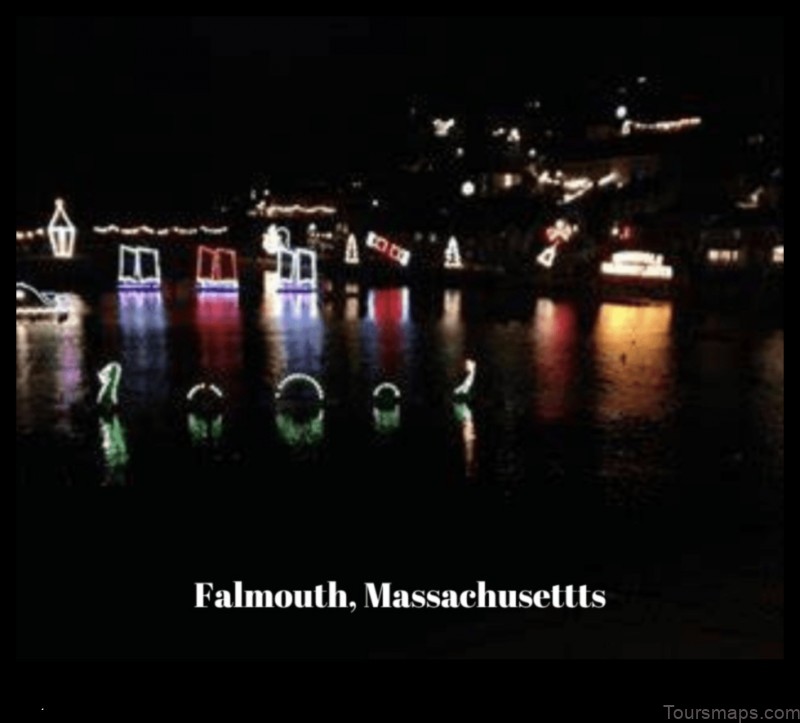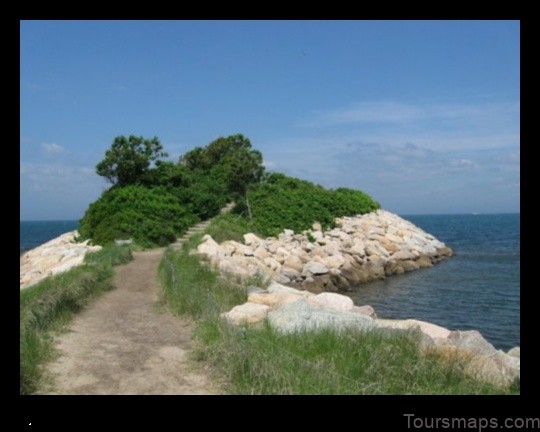
I. Introduction
II. History of Falmouth, Massachusetts
III. Geography of Falmouth, Massachusetts
IV. Climate of Falmouth, Massachusetts
V. Culture of Falmouth, Massachusetts
VI. Economy of Falmouth, Massachusetts
VII. Education in Falmouth, Massachusetts
VIII. Transportation in Falmouth, Massachusetts
IX. Government of Falmouth, Massachusetts
X. FAQ
| Feature | Value |
|---|---|
| Location | Falmouth is located in Barnstable County, Massachusetts, United States. |
| Population | The population of Falmouth is approximately 35,000 people. |
| Area | Falmouth covers an area of approximately 50 square miles. |
| Elevation | The highest point in Falmouth is 330 feet above sea level. |

I. Introduction
This article provides a brief overview of the town of Falmouth, Massachusetts. It covers the town’s history, geography, climate, culture, economy, education, transportation, and government.
